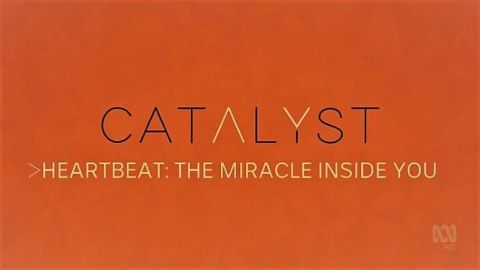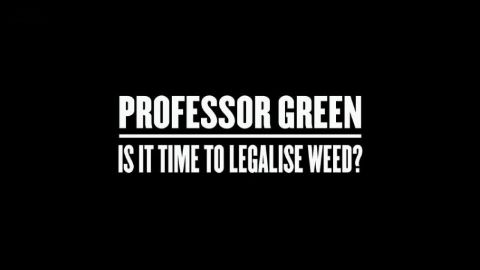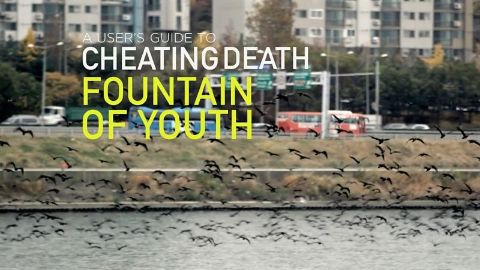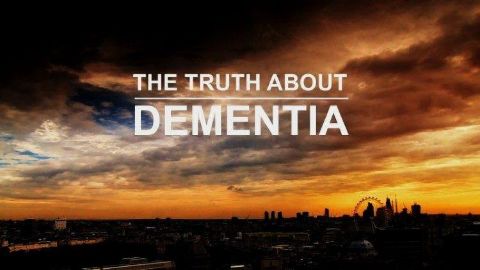Making Sense of Cancer • 2022
When Hannah Fry is diagnosed with cervical cancer at the age of 36, she starts to interrogate the way we diagnose and treat cancer by digging into the statistics to ask whether we are making the right choices in how we treat this disease. Are we sometimes too quick to screen and treat cancer? Do doctors always speak to us honestly about the subject? It may seem like a dangerous question to ask, but are we at risk of overmedicalising cancer? At the same time, Hannah records her own cancer journey in raw and emotional personal footage, where the realities of life after a cancer diagnosis are laid bare.
Make a donation
Buy a brother a hot coffee? Or a cold beer?
Hope you're finding these documentaries fascinating and eye-opening. It's just me, working hard behind the scenes to bring you this enriching content.
Running and maintaining a website like this takes time and resources. That's why I'm reaching out to you. If you appreciate what I do and would like to support my efforts, would you consider "buying me a coffee"?
Donation addresses
BTC: bc1q8ldskxh4x9qnddhcrgcun8rtvddeldm2a07r2v
ETH: 0x5CCAAA1afc5c5D814129d99277dDb5A979672116
With your donation through , you can show your appreciation and help me keep this project going. Every contribution, no matter how small, makes a significant impact. It goes directly towards covering server costs.





